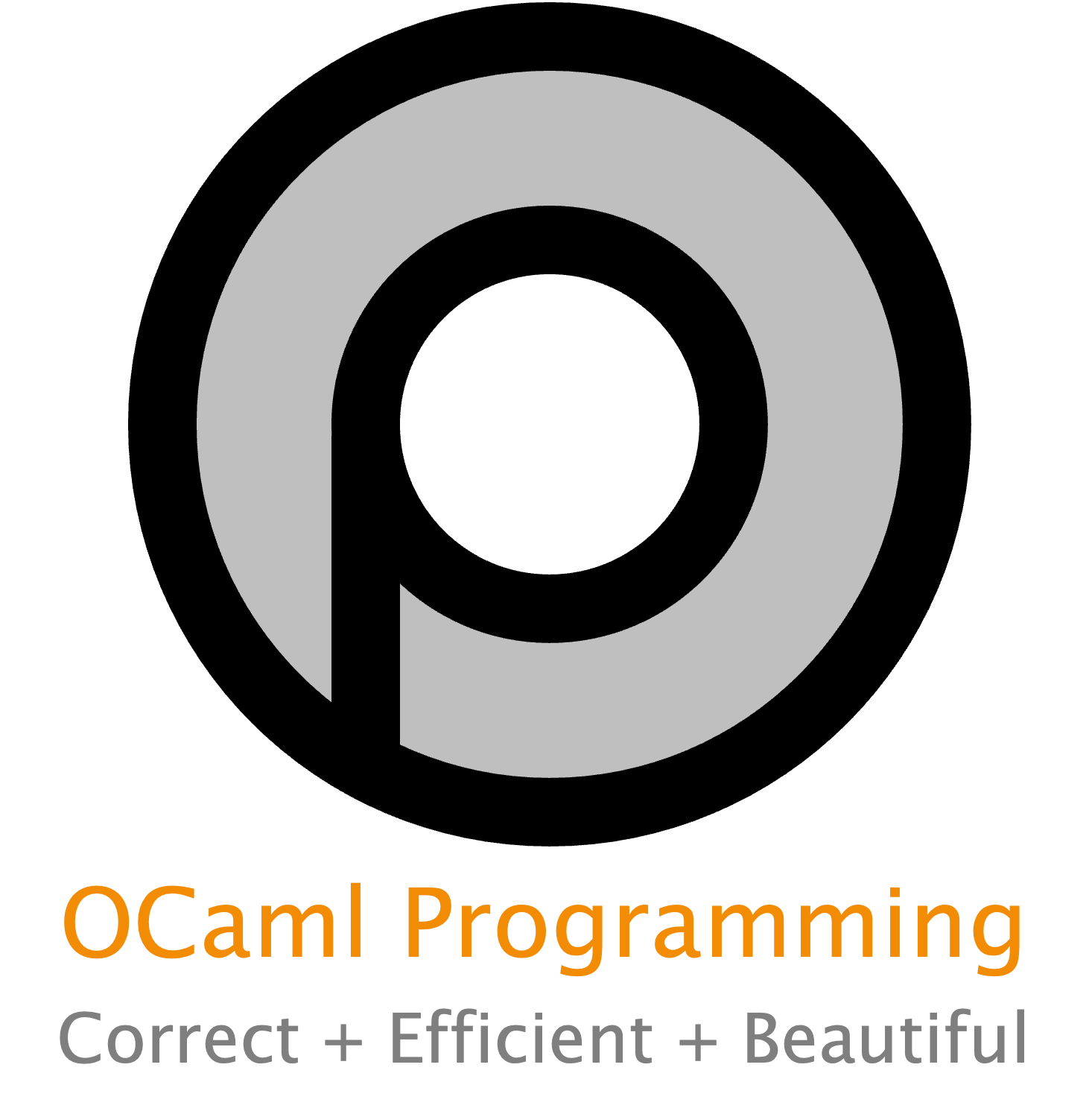3.7. Options#
Suppose you want to write a function that usually returns a value of type t,
but sometimes returns nothing. For example, you might want to define a
function list_max that returns the maximum value in a list, but there’s not a
sensible thing to return on an empty list:
let rec list_max = function
| [] -> ???
| h :: t -> max h (list_max t)
There are a couple possibilities to consider:
Return
min_int? But thenlist_maxwill only work for integers— not floats or other types.Raise an exception? But then the user of the function has to remember to catch the exception.
Return
null? That works in Java, but by design OCaml does not have anullvalue. That’s actually a good thing: null pointer bugs are not fun to debug.
Note
Sir Tony Hoare calls his invention of null a
“billion-dollar mistake”.
In addition to those possibilities, OCaml provides something even better called an option. (Haskellers will recognize options as the Maybe monad.)
You can think of an option as being like a closed box. Maybe there’s something inside the box, or maybe box is empty. We don’t know which until we open the box. If there turns out to be something inside the box when we open it, we can take that thing out and use it. Thus, options provide a kind of “maybe type,” which ultimately is a kind of one-of type: the box is in one of two states, full or empty.
In list_max above, we’d like to metaphorically return a box that’s empty if
the list is empty, or a box that contains the maximum element of the list if the
list is non-empty.
Here’s how we create an option that is like a box with 42 inside it:
Some 42
- : int option = Some 42
And here’s how we create an option that is like an empty box:
None
- : 'a option = None
The Some means there’s something inside the box, and it’s 42. The None
means there’s nothing inside the box.
Like list, we call option a type constructor: given a type, it produces a
new type; but, it is not itself a type. So for any type t, we can write
t option as a type. But option all by itself cannot be used as a type.
Values of type t option might contain a value of type t, or they might
contain nothing. None has type 'a option because it’s unconstrained what the
type is of the thing inside — as there isn’t anything inside.
You can access the contents of an option value e using pattern matching.
Here’s a function that extracts an int from an option, if there is one inside,
and converts it to a string:
let extract o =
match o with
| Some i -> string_of_int i
| None -> "";;
val extract : int option -> string = <fun>
And here are a couple of example usages of that function:
extract (Some 42);;
extract None;;
- : string = "42"
- : string = ""
Here’s how we can write list_max with options:
let rec list_max = function
| [] -> None
| h :: t -> begin
match list_max t with
| None -> Some h
| Some m -> Some (max h m)
end
val list_max : 'a list -> 'a option = <fun>
Tip
The begin..end wrapping the nested pattern match above is not strictly
required here but is not a bad habit, as it will head off potential syntax
errors in more complicated code. The keywords begin and end are equivalent
to ( and ).
In Java, every object reference is implicitly an option. Either there is an
object inside the reference, or there is nothing there. That “nothing” is
represented by the value null. Java does not force programmers to explicitly
check for the null case, which leads to null pointer exceptions. OCaml options
force the programmer to include a branch in the pattern match for None, thus
guaranteeing that the programmer thinks about the right thing to do when there’s
nothing there. So we can think of options as a principled way of eliminating
null from the language. Using options is usually considered better coding
practice than raising exceptions, because it forces the caller to do something
sensible in the None case.
Syntax and semantics of options.
t optionis a type for every typet.Noneis a value of type'a option.Some eis an expression of typet optionife : t. Ife ==> vthenSome e ==> Some v

